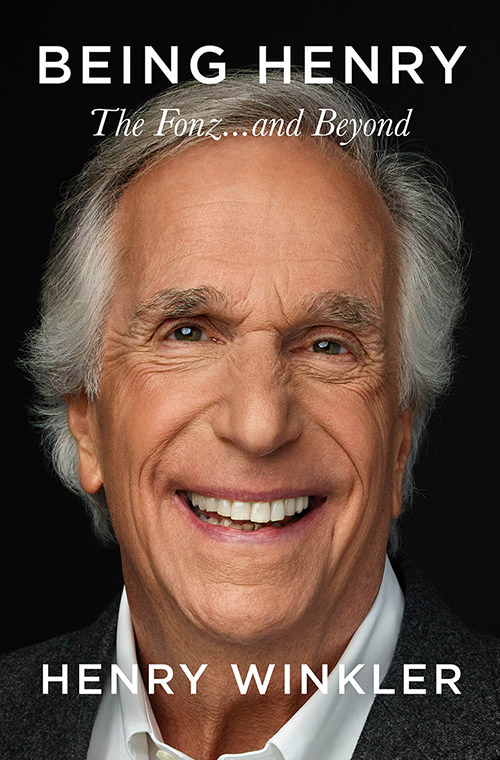Known for being one of the friendliest actors in Hollywood and the kindest people in the industry, actor Henry Winkler is reflecting on his legacy and the reasons behind his reputation for compassion as his new memoir, which was released a day after his 78th birthday, hits bookstores.
Winkler’s 245-page book paints a picture of a man attempting to overcome a harsh, loveless childhood and a disability that made reading extremely difficult, as well as his simple quest to become a better man. It charts his course chronologically from the Fonz to “Barry” and the frustrating fallow periods in between.
The story of Henry Winkler starts on a Tuesday morning in October 1973, when the 28-year-old himself went to his very first “Happy Days” audition – suffering from dyslexia.
“A short Jew from New York City with a unibrow and hair down to my shoulders, confident about next to nothing in my life,” is how he portrays himself during the “Happy Days” audition. Despite having trouble reading, he had graduated from Yale’s theatrical school and landed a few gigs.

Barry Diller, then the president of development for ABC, and future Disney CEO Michael Eisner were dubious about Winkler landing the role of The Fonz. Yet, author and inventor Garry Marshall saw something. Later, according to Winkler, the network contacted him covertly with the idea of renaming the program “Fonzie’s Happy Days” or creating a spin-off since the Fonz was so much more popular than everyone else on the show. Winkler, however, kindly rejected the idea.
The conclusion of “Happy Days” admittedly caused further anxiety for a man who acknowledges that his favorite indoor activity is worrying. “I was terrified of being a flash in the pan”, the author says. “A one-hit wonder. Was I?”
Later on in his career, guest appearances on series like “Arrested Development,” “Royal Pains,” and “Parks and Recreation” were interspersed over the years until, in 2018, he landed a role on “Barry,” the program that would serve as a second tentpole for his career and earn him his first primetime Emmy.
“For a long time after ‘Happy Days,’ I was saddened that the world could only see me as the Fonz,” he writes. “But I never lost sight of what the character gave me — a roof over my head, food on the table, my children’s education — and how much it gave me in terms of introducing me to the whole world.”












